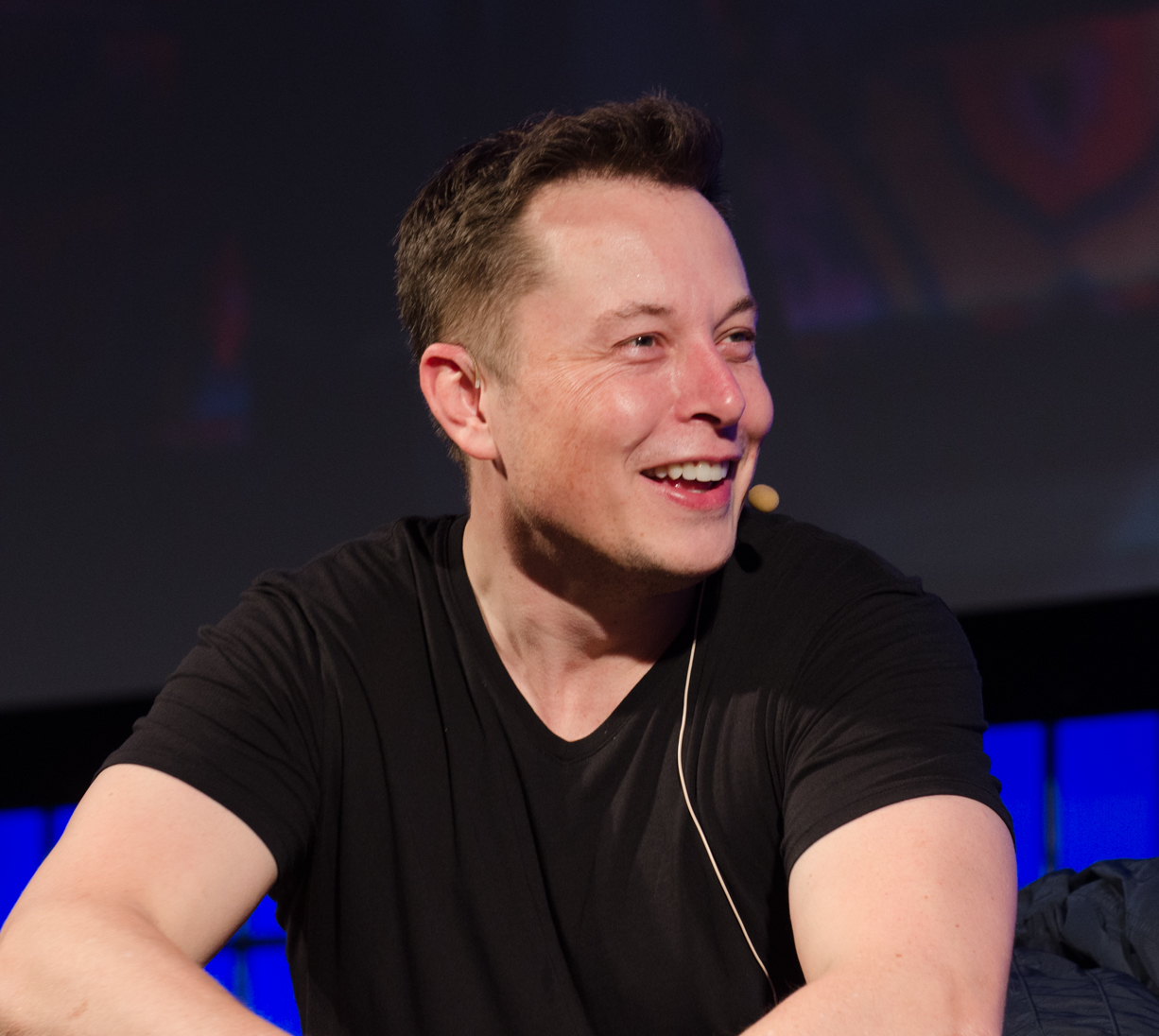John Bethell | Staff Writer
Elon Musk is not your average billionaire. Credited with revolutionising both the space and automobile industries at once, and with a net worth of seven point five billion dollars, Jon Favreau used him as a real-life inspiration for Tony Stark in the “Iron Man” trilogy. After leaving a Physics PhD program after two days, with a $100 million fortune built from several startups, in 1999 he founded X.com, an online financial services and email payment company. A year later, the company merged with Confinity, which had a money transfer service called Paypal, and took on that name in 2001. And before Paypal’s sale to eBay for US$1.5 billion in stock, Musk, the company’s largest shareholder, owned 11.7% of Paypal shares.
Since then, he has founded SpaceX, a private aerospace corporation with the aim of reducing space transportation costs to enable colonisation of Mars, and co-founded Tesla Motors, which currently manufactures luxury electric cars (most notably the Tesla Roadster), but which Musk envisions will provide affordable electric cars to the average consumer. Through SpaceX, the first privately funded, liquid fueled rocket reached orbit on 28th September 2008, and the first privately funded spacecraft (Dragon) reached the International Space Station on 25th May 2012. Musk was motivated by the “Foundation” series by the author and biochemist Isaac Asimov, and sees space exploration as the key to preserving the consciousness of human life – his goal is to reduce the cost of human spaceflight by a factor of 10, and in a 2011 interview, he stated his hope to send humans to Mars’ surface in ten to twenty years. Multi-planetary life certainly might be the way forward – as he said in 2012 “An asteroid or a super volcano could destroy us, and we face risks the dinosaurs never saw: an engineered virus, inadvertent creation of a micro black hole, catastrophic global warming or some as-yet-unknown technology could spell the end of us. Humankind evolved over millions of years, but in the last sixty years atomic weaponry created the potential to extinguish ourselves. Sooner or later, we must expand life beyond this green and blue ball—or go extinct.”
But he has not stopped there. In 2013, he unveiled a concept that he claimed would revolutionise transport, the “Hyperloop,” a pod that would bring passengers from San Francisco to Los Angeles in a low pressure tube on a cushion of air, which he compares to a cross between an air-hockey puck and a Concorde. The Hyperloop would travel at just under the speed of sound, or 760mph (1,223km/h) and the trip, usually more than 6 hours in a car, would take around half an hour in the Hyperloop.
The technological and financial viability of the project is contentious. We certainly cannot expect to see a Hyperloop in Ireland, let alone Europe, any time soon, with the (probably optimistic) estimated costs of the project being US $7.5 billion for the LA-San Francisco route alone. Demand simply would not meet the costs of the service. Either way, in the future the Hyperloop could be a far safer and more efficient means of transport than air travel, not to mention far better for the environment in terms of lower carbon and nitrogen emissions, considering that between 1990 and 2006, greenhouse gas emissions from aviation increased by 87%. The travel time for the proposed route would in fact be lower than even a commercial jet could provide, and it is planned to rely completely upon solar energy for power requirements.
When he came to the WebSummit in Dublin he was asked if he had any advice for Enda Kenny to promote Ireland as a leader in the tech industry, and his advice was threefold.
1. Talent: “The most important thing in creating companies is you need a concentration of talent. It’s like creating a world sports team or something, you really want to focus your talent on a particular area.”
2. Support for start-ups: “Make sure that from a regulatory standpoint – regulations in taxation and government support – that it’s there for start-up companies, and that it goes from start-up all the way through to the medium phase of the company. Because where most companies tend to not make it is not so much at that very beginning stage, but it’s at that intermediate stage.”
3. Develop more engineers: “For technology companies, you need engineers. To the degree that engineering can be encouraged at Irish universities. I think that would be really powerful.”
On January 15th of this year, Musk announced via Twitter that he would be building a 5 mile long Hyperloop test track, most likely in Texas in cooperation with students and companies, with student teams testing the pods, and the possibility of an annual student Hyperloop pod racer competition. Whether or not he succeeds in all his ventures, from the Hyperloop, to creating an affordable and practical electric vehicle, to achieving a multi-planetary existence for the human species, it is Musk’s creative drive and energy that we should appreciate most. Innovation breeds innovation, and creativity breeds creativity. If we are to survive as a species, let alone progress, we need to address the issues of climate change and artificial intelligence, and find solutions to problems like resource management and renewable energy. And we need to follow Musk’s example in order to achieve these things.







